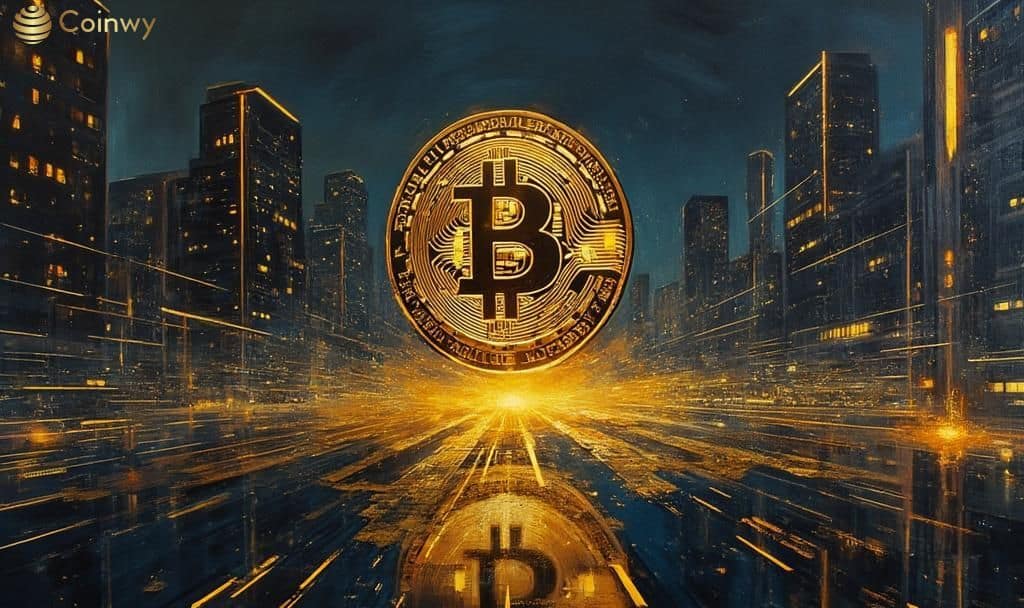- Fed governor describes Bitcoin as “electronic gold.”
- Policy shift shows crypto’s growing acceptance.
- Bitcoin price slightly increased post-speech.
Federal Reserve Governor Christopher Waller describes Bitcoin as “electronic gold” during the Fed’s Payments Innovation Conference, clarifying that it poses no risk to the financial sector.
Waller’s statements mark a potential policy shift, influencing Bitcoin and broader crypto market sentiment, but immediate price and market reactions remain modest.
Federal Reserve Governor Christopher Waller’s recent remarks describe Bitcoin as “electronic gold,” signaling a notable shift in the Fed’s stance on cryptocurrency policies. His comments highlight an evolving perspective within the U.S. monetary system.
Waller, speaking at official events, noted that Bitcoin doesn’t pose a systemic risk. These statements were part of his address at the Fed’s Payments Innovation Conference, showcasing a progressive approach to decentralized financial technologies.
The market responded with a minor price increase in Bitcoin, reaching $110,321 shortly after Waller’s remarks. Industry observers noted this as an indicator of Bitcoin’s perceived value against traditional financial metrics.
Waller’s comments have political and financial implications, positioning Bitcoin as an established financial asset. The acknowledgment of Bitcoin’s unique status compared to other cryptocurrencies has been met with interest across the sector.
Despite the positive tone toward Bitcoin, no similar sentiments were expressed towards other cryptocurrencies. Ethereum’s smart contract efficiency received indirect reference, but most altcoins remain categorized as having minimal intrinsic value.
Insights suggest potential for regulatory and technological evolution, particularly in financial infrastructure integration. Historical trends indicate a growing recognition of Bitcoin’s comparability to gold, possibly influencing future policy and market directions.
“Bitcoin to me is basically electronic gold. It doesn’t have any fundamental intrinsic value, but that’s okay. We’ve known from economics since 1958 that useless objects can have value.” —Christopher Waller, Governor, Federal Reserve






